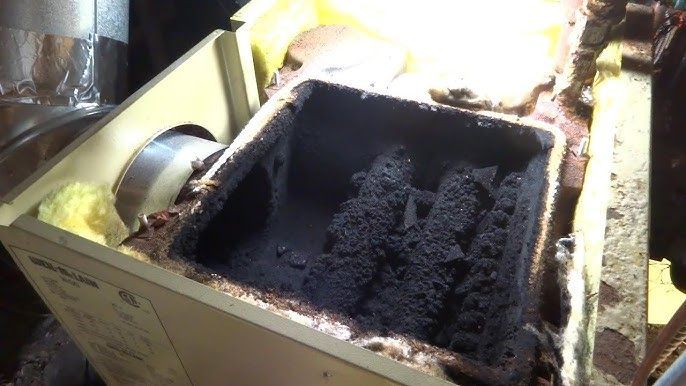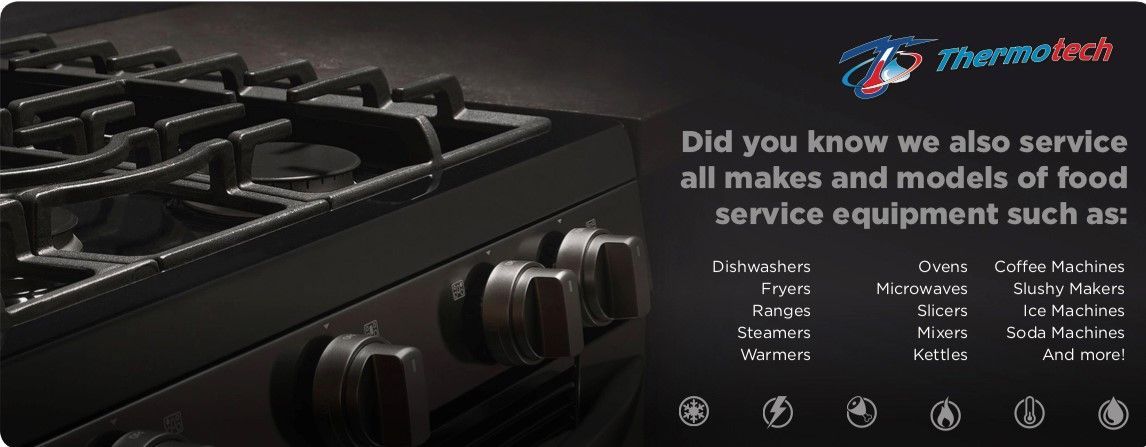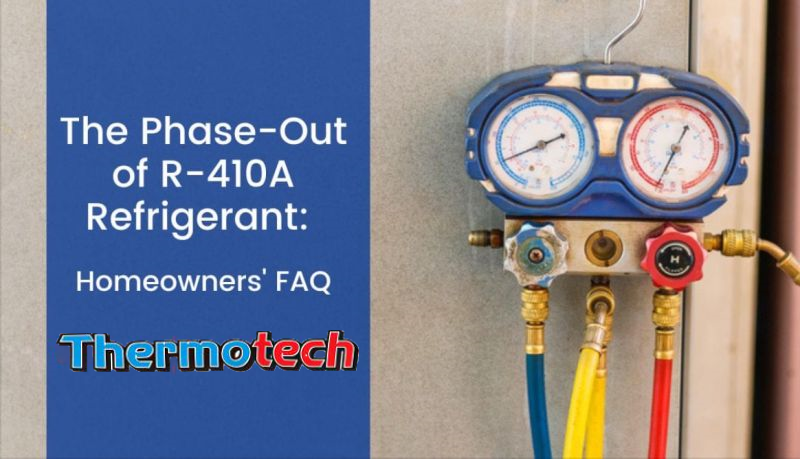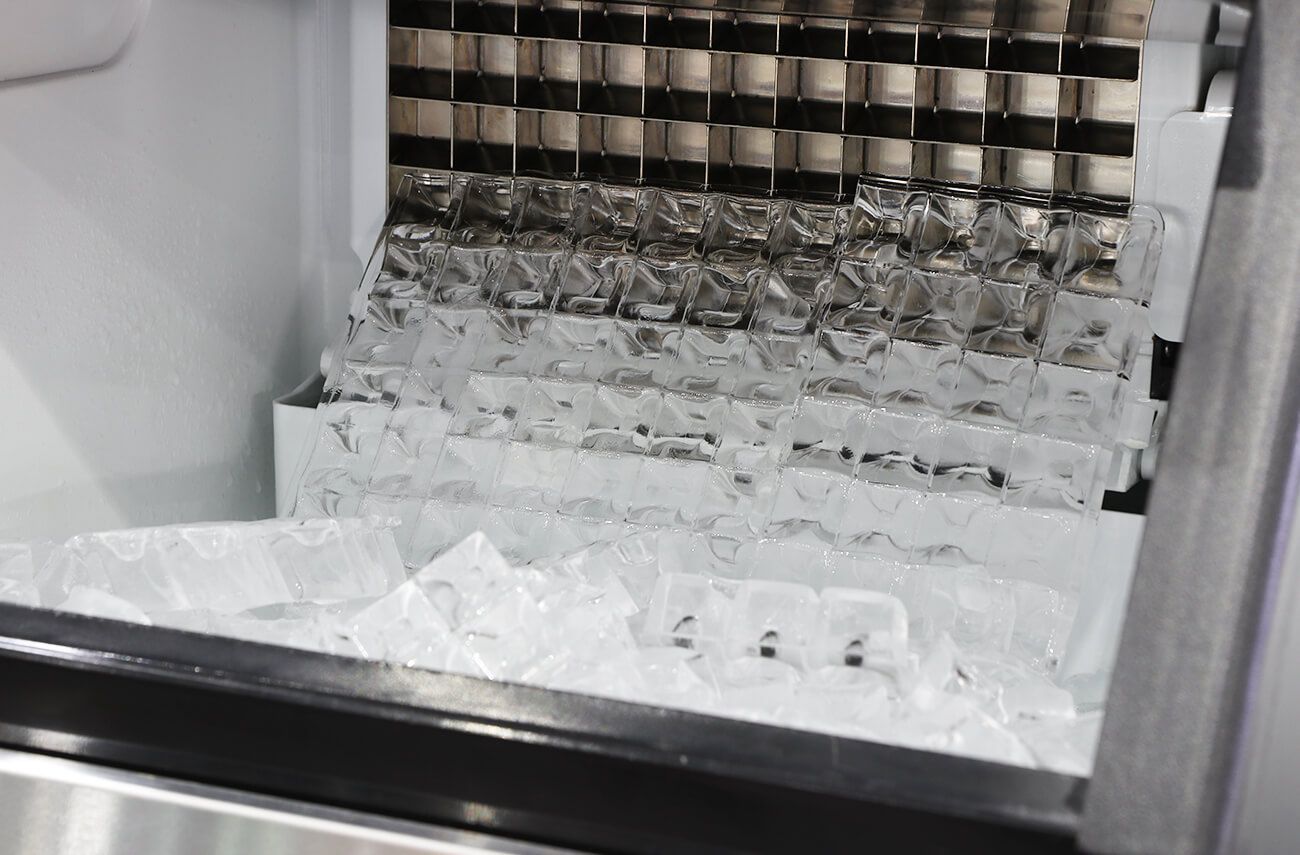Blog Layout
We do oil systems too!
February 12, 2025
Keeping your oil system cleaned

The body content of your post goes here. To edit this text, click on it and delete this default text and start typing your own or paste your own from a different source.

February 12, 2025
Benefits of Kitchen Cleaning commercial kitchen cleaning services Kitchen equipment cleaning is essential for the health and safety of your staff and patrons and ensures your restaurant complies with all food and safety regulations. According to data from the USFA’s National Fire Incident Reporting System and the National Fire Protection Association’s (NFPA) annual fire department experience survey, 22% of commercial kitchen fires listed “failure to clean” as a factor of fires in restaurants. By regularly cleaning kitchen equipment, hoods, and ductwork, you help prevent fires and increase the safety of your employees and patrons in your establishment. Deep cleaning your kitchen improves working conditions and provides employees with a cleaner and healthier working environment as well as improved hygiene throughout your commercial kitchen. Maintaining high standards of cleanliness also prevents the risk of a pest infestation in your facility. Various Facilities That Benefit From Kitchen Cleaning Maintaining sanitary conditions in all food preparation facilities is essential for both customers and your staff. Besides restaurants, there are a variety of facilities that benefit from kitchen cleaning services, including: Colleges and Universities: Many campuses have on-site dining facilities, and keeping them sanitary is essential for the health and safety of students, faculty, staff, and kitchen employees. Schools: Clean and sanitized school lunchrooms ensure an ideal work environment that is safe for food preparation and improves hygiene for students to enjoy a fresh and germ-free meal. Hospitals: Cleanliness is a top priority for hospitals. Well-sanitized hospital kitchens and dining areas ensure there is a low risk for patients or staff to contract a foodborne illness. Corporate Headquarters: Any facility that handles food preparation can benefit from a commercial kitchen cleaning service. Retail Restaurants: With any restaurant, keeping a clean commercial kitchen provides a safer and healthier environment for staff and customers. Grocery Store Chains: Many grocery stores feature a deli or on-site butcher where cleanliness is essential to prevent cross-contamination of foods.

January 27, 2025
As the HVAC industry continues to evolve, significant regulatory changes are on the horizon, particularly concerning refrigerants. Starting in 2025, new regulations will come into effect, designed to phase out the commonly used R410A refrigerant. These changes, while aimed at promoting environmental sustainability, will also impact manufacturers’ costs, inevitably leading to increased prices for HVAC systems and components. What’s Changing? The Environmental Protection Agency (EPA) is tightening restrictions on hydrofluorocarbons (HFCs), the refrigerants commonly used in air conditioning and refrigeration systems. HFCs are potent greenhouse gases, and reducing their use is a key part of global efforts to combat climate change. The 2025 regulations will require HVAC manufacturers to transition to lower-Global Warning Potential (GWP) alternatives, such as hydrofluoroolefins (HFOs) or natural refrigerants like CO2. Why Will Prices Increase? The shift to new refrigerants is not a simple switch. It requires significant re-engineering of HVAC systems to accommodate the different properties of the new refrigerants. Additionally, manufacturers must invest in new production processes, equipment, and training to meet the updated standards. These costs will likely be passed on to consumers with higher prices for HVAC units. As the deadline approaches, the demand for compliant systems and components is also expected to rise, further driving up costs. The supply chain for the new refrigerants is still developing, which may lead to supply shortages and additional price hikes. What Does This Mean for Consumers? For homeowners and businesses, this means that purchasing a new HVAC system may become more expensive starting in 2025. However, there is a silver lining. Systems using the new refrigerants are typically more energy-efficient and environmentally friendly, which can lead to long-term savings on energy bills and contribute to reducing carbon footprints. How to Prepare If you’re considering upgrading your HVAC system, it may be wise to do so before the new federal regulations take effect and prices increase in January.
our service area
Privacy Policy
| Do Not Share My Information
| Conditions of Use
| Notice and Take Down Policy
| Website Accessibility Policy
© 2025
The content on this website is owned by us and our licensors. Do not copy any content (including images) without our consent.

